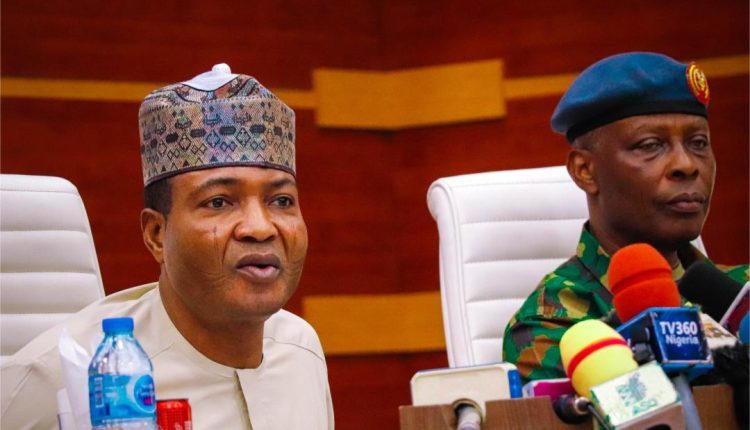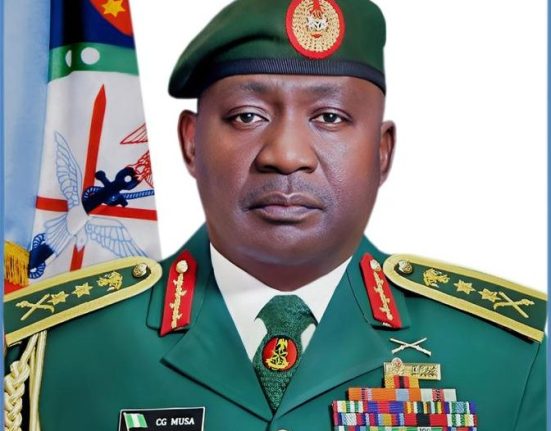The Chief of Defence Staff (CDS), General Christopher Gwabin Musa (OFR), alongside the Director-General of the Federal Radio Corporation of Nigeria (FRCN), Dr. Mohammed Bulama, has stressed the critical role of psychological operations and strategic communication in modern warfare. They made this assertion during a high-level workshop held at the Defence Headquarters (DHQ), focused on the use of psychological operations as a tool in addressing contemporary security threats.
The workshop, which brought together security experts, military strategists, and media professionals, centered on the evolving dynamics of asymmetric warfare, where the battle is not just on the battlefield, but also within the minds of citizens. Against this backdrop, both the CDS and the FRCN DG emphasized the urgent need for robust national messaging, psychological resilience, and coordinated information campaigns aimed at countering the narratives of violent non-state actors.
General Musa highlighted that in an era marked by terrorism, insurgency, and information warfare, the military cannot rely solely on conventional firepower to win conflicts. According to him, the cognitive space—what people think, believe, and act upon, has become a crucial front in safeguarding national security. He noted that enemies of the state are increasingly exploiting digital platforms to spread fear, misinformation, and extremist ideologies, thereby influencing public perception and undermining the morale of both the populace and security forces.
Echoing this sentiment, Dr. Bulama underscored the power of narrative and perception management in preserving national unity and stability. “The battle for the mind is the battle for the nation,” he declared, emphasizing that effective communication strategies are just as essential as boots on the ground. The FRCN boss called for a synergy between the military and the media in crafting patriotic messaging that promotes national identity, resilience, and collective resistance against divisive propaganda.
Dr. Bulama further pointed out that psychological operations should be rooted in truth, cultural context, and strategic foresight. He maintained that misinformation and psychological manipulation, if left unchecked, could erode trust in institutions, fuel radicalization, and weaken the social fabric of the nation.
Participants at the workshop agreed on the need for an integrated approach that combines military efforts with civil institutions, including the media, educational bodies, and community leaders. They noted that winning hearts and minds is not merely a military concern but a national imperative, particularly in a country like Nigeria that is grappling with complex security challenges across multiple regions.
The DHQ Psychological Operations Workshop reaffirmed the commitment of the Armed Forces and its partners to leverage information as a force multiplier in the ongoing battle against insecurity. It also underscored the importance of proactive engagement, truth-driven campaigns, and community-based communication as vital tools in shaping public perception and countering the spread of extremist ideologies.




